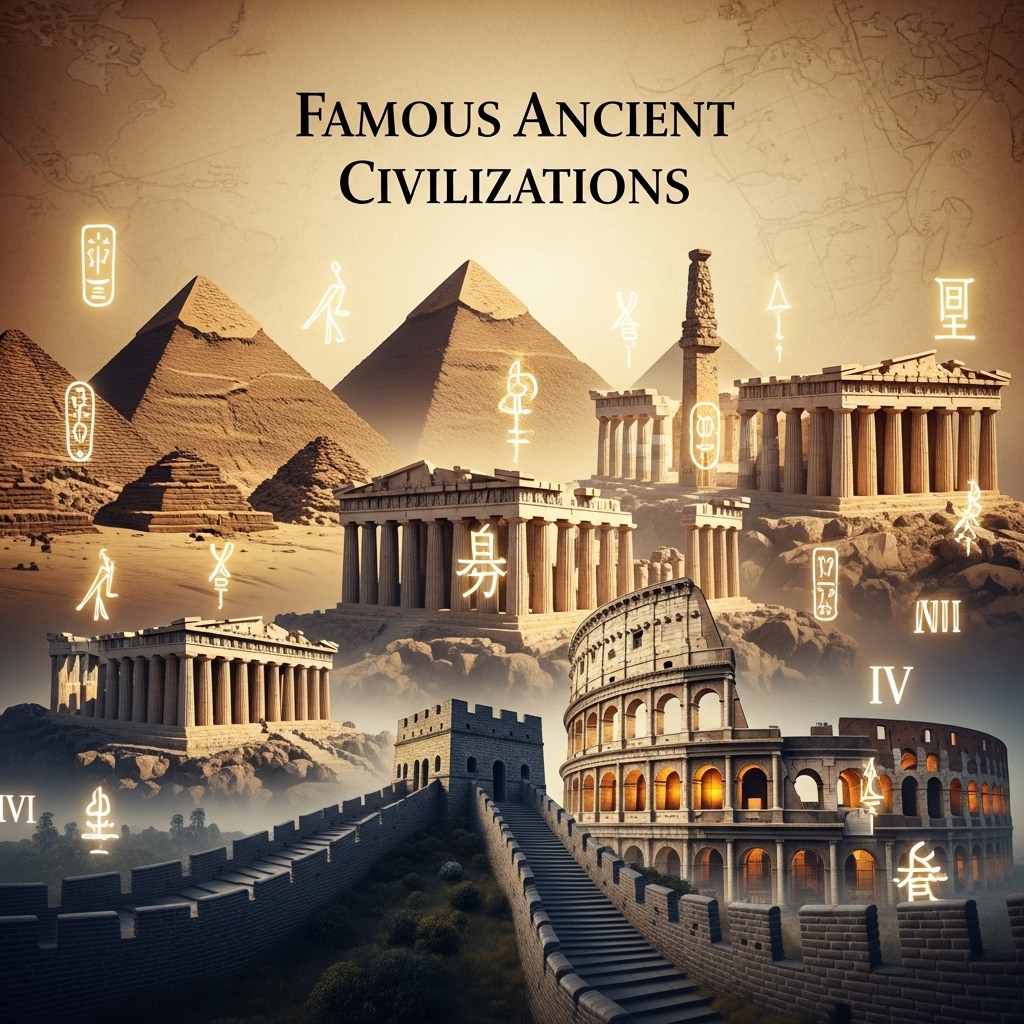
The story of humanity is written not only in books but in the stones of pyramids, the ruins of temples, and the ideas that continue to shape our world. Among the famous ancient civilizations, some stand out for their remarkable contributions to culture, science, governance, and technology. Whether you are a student curious about history, a parent guiding your child’s learning, or a teacher designing lessons, knowing these civilizations provides insight into the foundations of today’s society.
What Makes a Civilization “Ancient”?
Historians define an ancient civilization as a complex society that existed thousands of years ago, characterized by:
- Organized governments and social structures
- Written language systems
- Technological or scientific advancements
- Long-lasting cultural achievements
These civilizations weren’t isolated. Many traded, fought, and influenced one another, leaving behind legacies that still affect us today.
Famous Ancient Civilizations List
1. Ancient Egypt
Known for its pyramids, hieroglyphic writing, and mummification, Egypt was a powerhouse of art, medicine, and mathematics. Its centralized government and religion also influenced later societies.
2. Mesopotamia (Sumer & Babylon)
Often called the “Cradle of Civilization,” Mesopotamia introduced cuneiform writing and one of the earliest legal codes — the Code of Hammurabi. Its innovations in farming and irrigation shaped future agriculture.
3. Indus Valley Civilization
Centered in modern-day India and Pakistan, this civilization built advanced cities with sanitation systems, grid planning, and evidence of peaceful trade. Archaeologists still uncover mysteries about its script.
4. Ancient China
Dynasties like Shang and Zhou gave the world paper, gunpowder, the compass, and philosophy from Confucius and Laozi. The Great Wall remains a symbol of endurance and unity.
5. Ancient Greece
From democracy to theatre and philosophy, Greece gave us Plato, Aristotle, and Socrates. Its mythology, Olympic Games, and architectural wonders still influence Western culture.
6. Ancient Rome
Rome perfected engineering with roads, aqueducts, and monumental architecture like the Colosseum. Its legal system became the blueprint for many modern governments.
7. Maya Civilization
The Maya, in Central America, developed advanced astronomy, calendars, and mathematics. Their art and temples reveal a deep connection between science and spirituality.
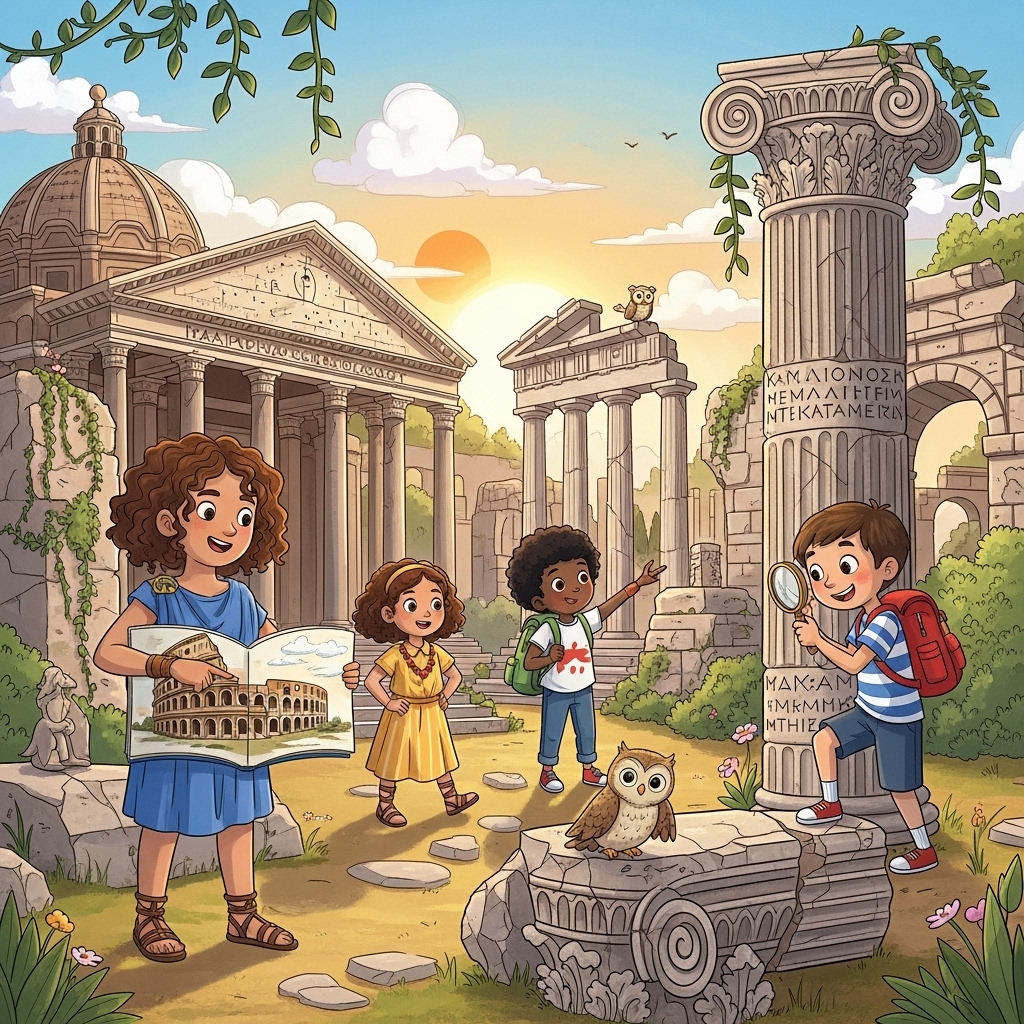
Why These Civilizations Matter Today
These famous ancient civilizations weren’t just powerful in their time-they created frameworks that influence our daily lives:
- Law & Government: Rome’s legal principles shaped Western justice systems.
- Science & Technology: China’s inventions remain cornerstones of modern life.
- Art & Philosophy: Greece inspired democratic ideals and creative expression.
- Urban Planning: Indus Valley set early examples of sustainable living.
Understanding these legacies helps students see history not as distant facts, but as part of the world they live in.
Ancient Egypt: The Land of Pyramids and Pharaohs
The Egyptian civilization is one of the most famous ancient civilizations in history. Known for the majestic pyramids, hieroglyphic writing, and powerful pharaohs, Egypt’s legacy still amazes students and historians.
- Key Achievements: The calendar, medical practices, and monumental architecture.
- Fun Fact: The Great Pyramid of Giza is the last remaining wonder of the Seven Wonders of the Ancient World.
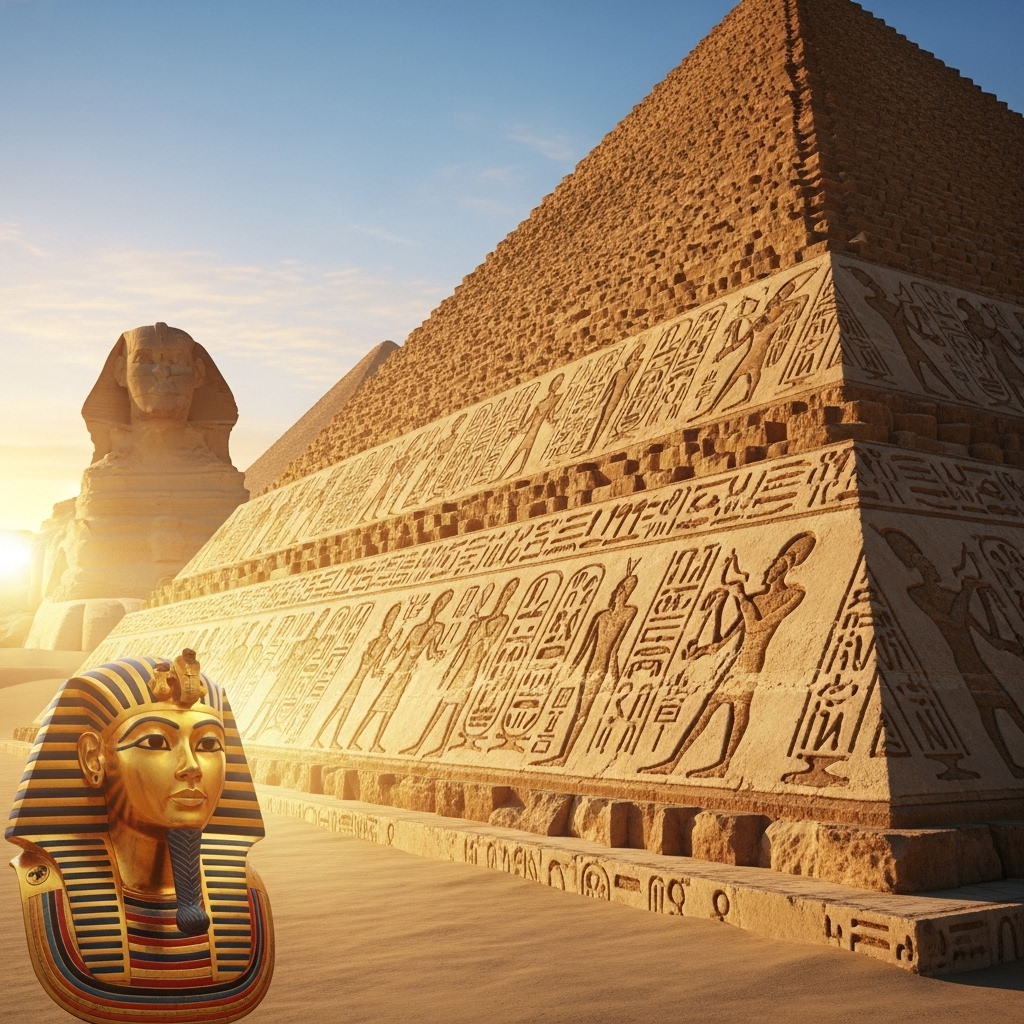
Ancient Greece: Birthplace of Democracy and Philosophy
Ancient Greece gave the world democracy, theater, and legendary thinkers like Plato, Socrates, and Aristotle. It remains one of the most famous ancient civilizations for its deep influence on Western culture.
- Key Achievements: The Olympic Games, democratic governance, and timeless myths.
- Example: Students studying philosophy today are still engaging with ideas first debated in Athens thousands of years ago.
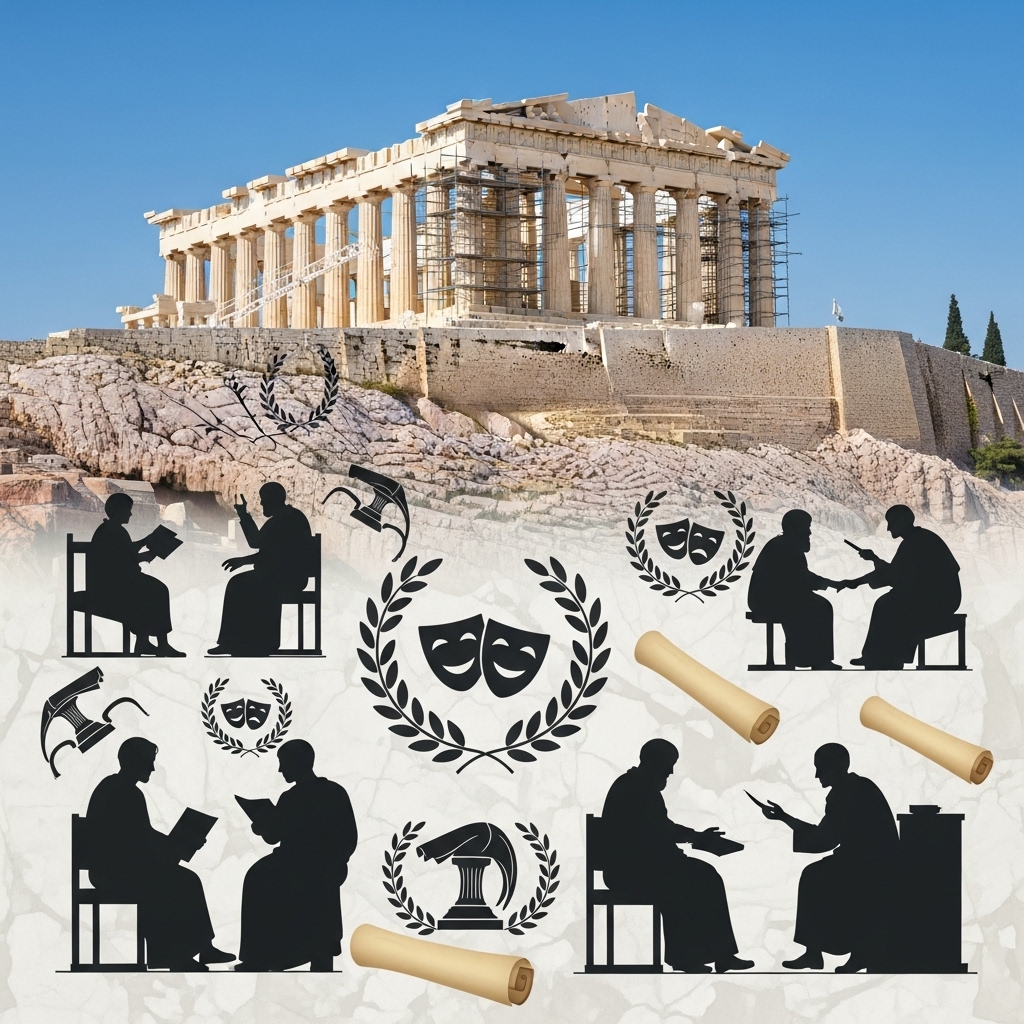
The Roman Empire: Builders of Roads and Empires
The Romans were masters of engineering, law, and military power. Their empire stretched across Europe, Africa, and Asia, leaving behind a legacy of innovation.
- Key Achievements: Roman roads, aqueducts, and the concept of citizenship.
- Fun Fact: Many modern cities, including London and Paris, began as Roman settlements.
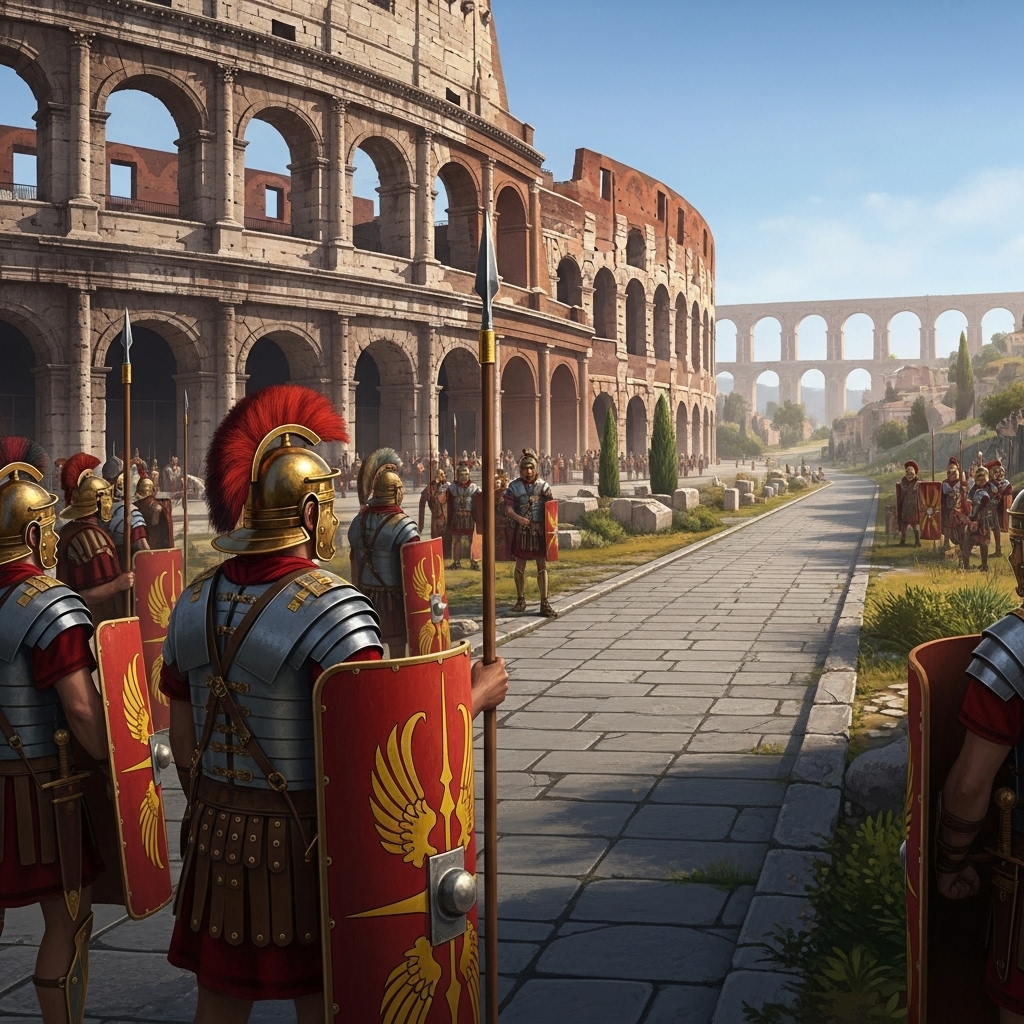
The Indus Valley Civilization: Early Urban Planners
Less talked about but equally fascinating, the Indus Valley Civilization was located in present-day Pakistan and India. Known for its advanced city planning, it proves that famous ancient civilizations weren’t just in the West.
- Key Achievements: Grid-based streets, plumbing systems, and trade networks.
- Why It Matters: Their innovations in sanitation were centuries ahead of their time.
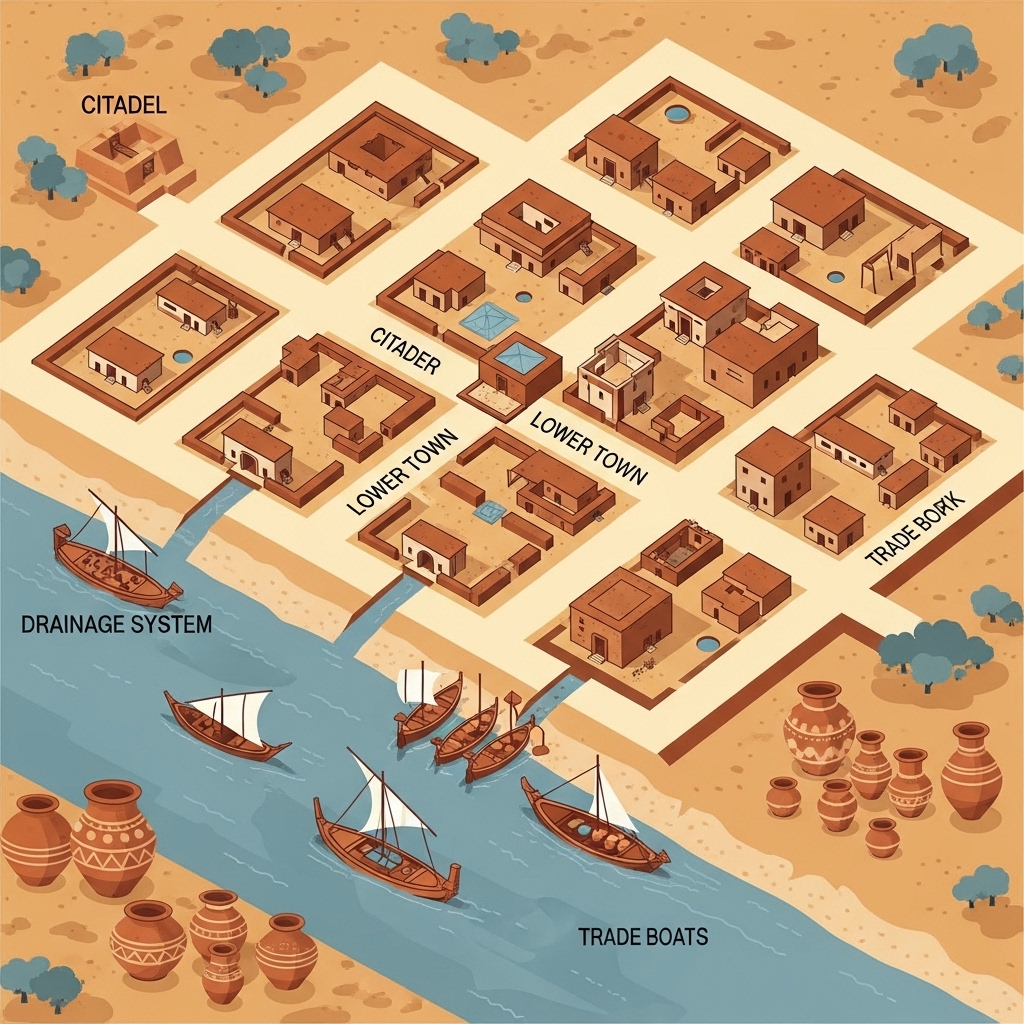
Ancient China: Innovation Across Dynasties
China’s dynasties contributed inventions that still shape life today. From papermaking to the compass, Ancient China was one of the most inventive and famous ancient civilizations.
- Key Achievements: The Great Wall, silk production, and gunpowder.
- Pro Tip for Students: If you love STEM, studying Ancient China is a goldmine of early scientific discoveries.
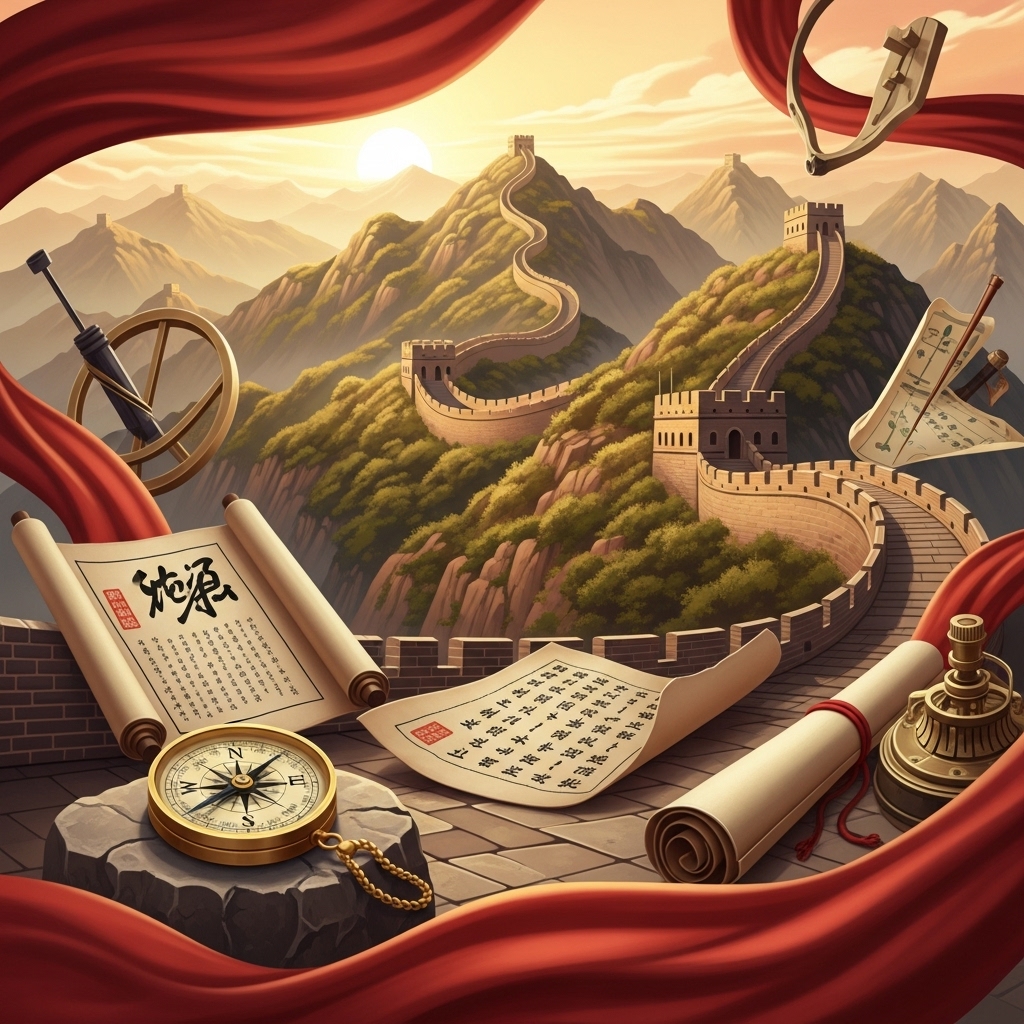
The Maya Civilization: Masters of Astronomy and Math
The Maya, centered in present-day Mexico and Central America, were brilliant astronomers and mathematicians.
- Key Achievements: A detailed calendar system, pyramid-like temples, and hieroglyphic writing.
- Fun Fact: They accurately predicted solar eclipses without telescopes.
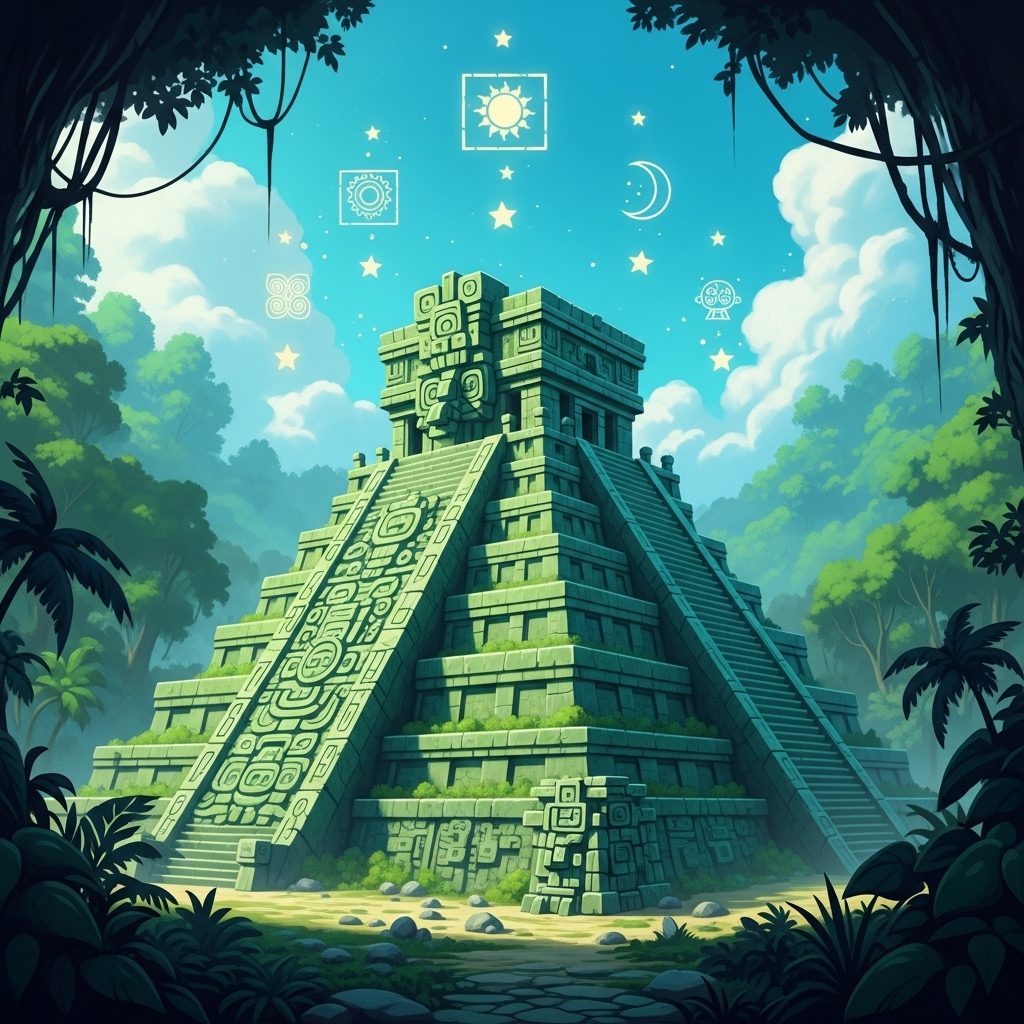
Why Students Should Learn About Famous Ancient Civilizations
Learning about these civilizations builds critical thinking, inspires creativity, and helps students see the connections between past and present. Whether you’re preparing for a history exam or just curious about the world, these civilizations show that human innovation is timeless.
Related Links
- Back-to-School Student Success Stories in the US & Canada
- \Google vs. ChatGPT: Which One Helps Students Learn Better?
- Best Coding Websites to Learn DSA in a Fun Way
A Journey Through Time
Exploring famous ancient civilizations is more than just a history lesson — it’s a journey into the roots of modern life. From the pyramids of Egypt to the philosophies of Greece and the inventions of China, these cultures remind us of humanity’s creativity and resilience.
Want to dive deeper into history and education? Visit Educify.org for more engaging blogs and study tips.













